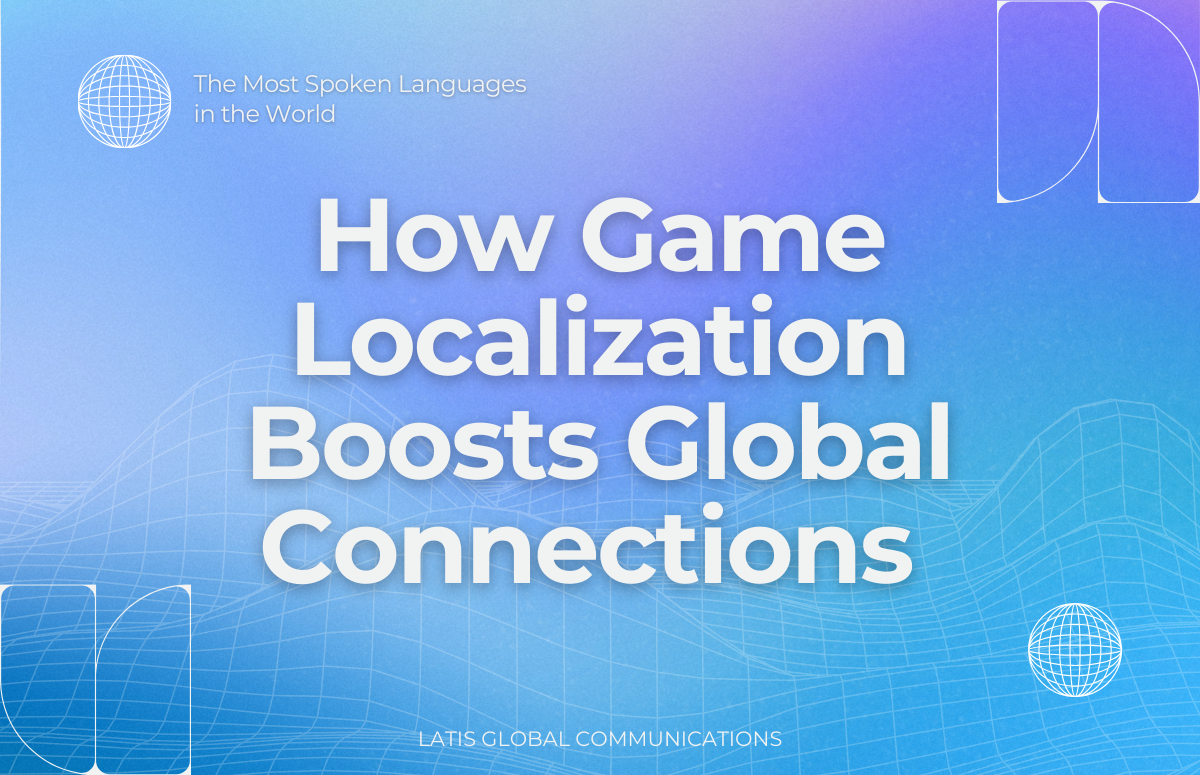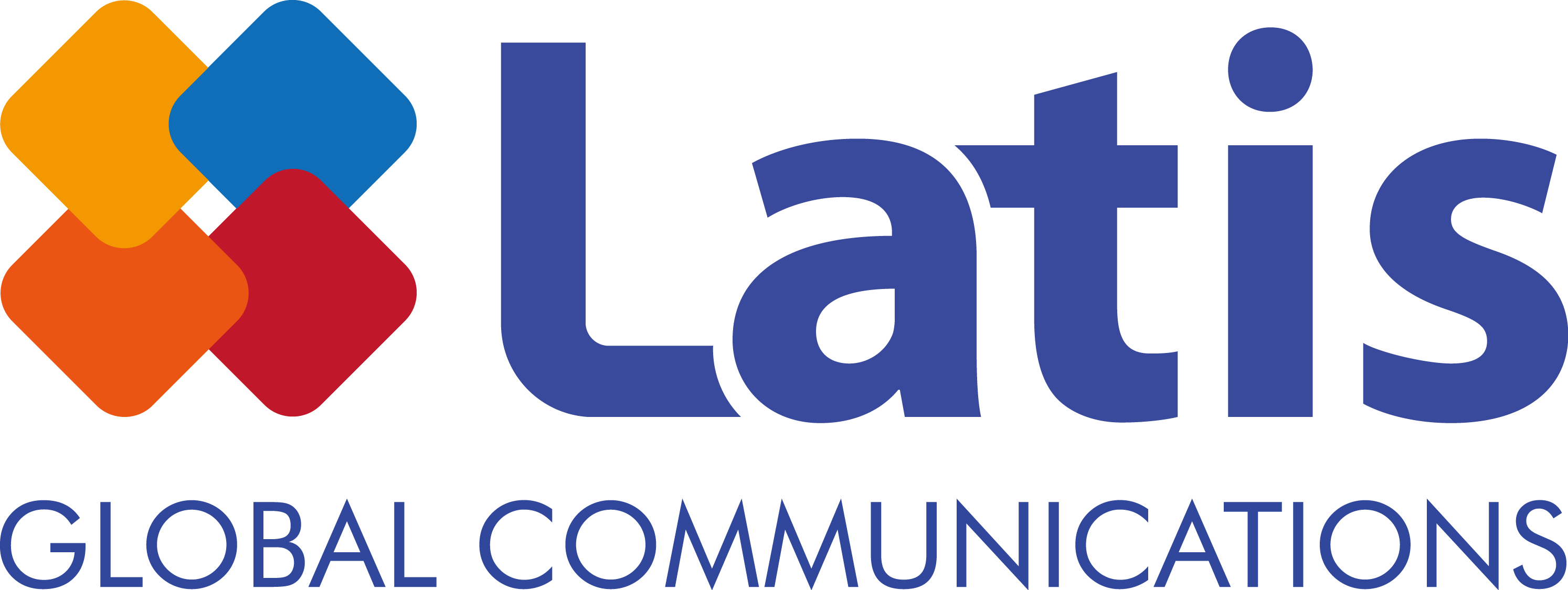
In our interconnected world, languages are not merely tools for communication but pathways to understanding diverse cultures and fostering global connections. As we explore the world’s most spoken languages, we recognize the pivotal role of game localization in making digital entertainment accessible and enjoyable across linguistic and cultural boundaries.
Mandarin Chinese
Mandarin Chinese, spoken by over 1 billion people primarily in China and Taiwan, holds the distinction of being the most spoken language globally. Games localized into Mandarin have the potential to reach a vast audience not only within China but also among Chinese-speaking communities worldwide. This localization process involves translating game text, dialogues, and interfaces into Mandarin while ensuring cultural nuances and preferences are respected, thereby enhancing the gaming experience for Mandarin-speaking players.
Spanish
Spanish, with approximately 460 million speakers spread across Spain, Latin America, and parts of the United States, stands as a significant language in global communication. Localizing games into Spanish not only broadens their accessibility but also ensures they resonate authentically with Spanish-speaking gamers. By adapting content to reflect regional dialects, cultural references, and preferences, game developers can engage a diverse audience and strengthen their connection with the vibrant Spanish-speaking gaming community.
English
English, recognized as a universal language with over 380 million native speakers and billions more proficient as a second language, serves as a bridge across international borders. Games localized into English cater to a global audience, facilitating seamless communication and interaction among players worldwide. The localization process includes translating game content accurately and adapting gameplay mechanics, dialogues, and user interfaces to align with cultural norms and linguistic conventions, thereby ensuring an immersive and inclusive gaming experience.
Hindi
Hindi, spoken by over 310 million people primarily in India and significant diaspora communities, plays a crucial role in game localization efforts aimed at the Indian market. Localizing games into Hindi involves translating text and dialogues into the language while considering regional variations and cultural sensitivities. This localization not only enhances accessibility for Hindi-speaking gamers but also enriches their gaming experiences by presenting content that feels familiar and resonant with their cultural context.
Arabic
Arabic, with over 310 million speakers across the Middle East and North Africa, represents a diverse linguistic and cultural landscape. Game localization into Arabic involves adapting game content to suit linguistic nuances, cultural preferences, and regional variations within Arabic-speaking communities. By translating text, dialogues, and interfaces into Arabic and incorporating culturally relevant themes and references, game developers can effectively engage Arab gamers and foster a deeper connection with their audience.
Game Localization: Bringing Cultures Together
Game localization transcends mere translation by incorporating cultural sensitivity and adaptation. It involves not only converting text but also adjusting gameplay mechanics, graphics, and narrative elements to align with local customs, beliefs, and preferences. This approach ensures that games resonate authentically with players from different cultural backgrounds, enhancing their enjoyment and fostering inclusivity within the global gaming community.
Effective game localization requires a nuanced understanding of cultural differences to avoid unintentional misunderstandings or offense. By respecting and integrating local customs, humor, and societal norms into game content, developers can create a more immersive and respectful gaming experience that resonates positively with players worldwide.
By localizing games into multiple languages, developers can expand their reach and tap into diverse global markets. This strategic approach not only increases the accessibility of games but also enhances their marketability and competitiveness on a global scale. By embracing linguistic diversity and cultural specificity in game localization, developers can establish stronger connections with international audiences and drive growth within the expanding global gaming industry.
Latis Global, Your Partner in Quality Game Localization
Latis Global is recognized for its expertise in providing high-quality game localization services tailored to meet the unique needs of developers and publishers worldwide. With a dedicated team of linguists, and gaming enthusiasts, Latis Global ensures that games are translated accurately and effectively while preserving their original intent and creative vision. From linguistic proficiency to cultural authenticity, Latis Global supports developers in reaching diverse audiences and maximizing their game’s impact in global markets.
Languages serve as bridges that connect us to different cultures and communities, enriching our understanding and appreciation of diversity. Game localization, supported by industry leaders like Latis Global, plays a crucial role in fostering global connectivity by making games accessible and enjoyable to players worldwide. By embracing cultural sensitivity and linguistic diversity in game development, developers can create inclusive and immersive gaming experiences that resonate with audiences across the globe, ultimately strengthening our global community and promoting cross-cultural understanding through digital entertainment.

